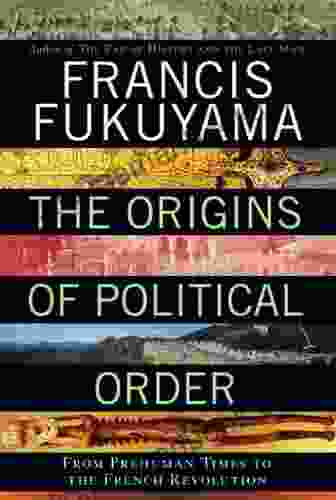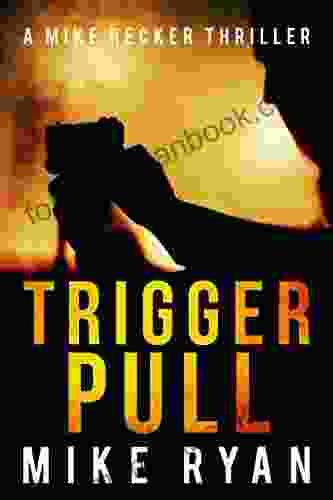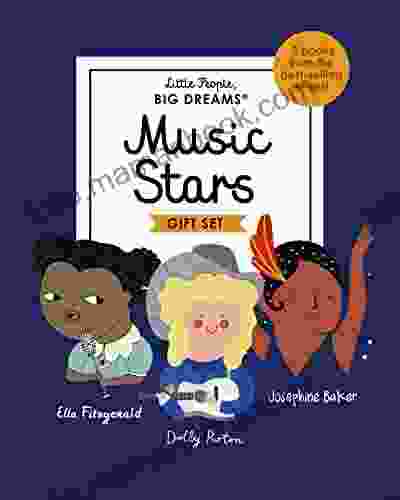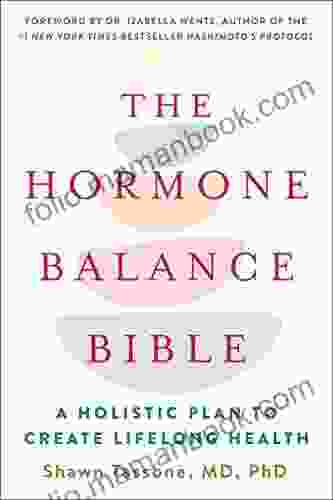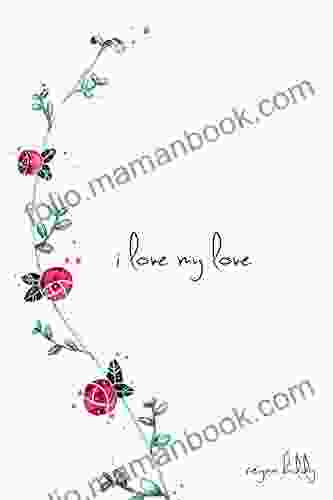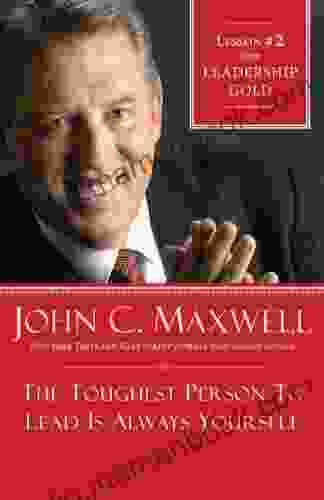From Prehuman Times To The French Revolution

The history of humanity is a long and complex one, stretching back millions of years. From our humble beginnings as prehumans, we have evolved into the complex and sophisticated beings we are today. Along the way, we have witnessed some of the most momentous events in history, from the rise and fall of civilizations to the development of new technologies. In this article, we will take a brief journey through human history, from prehuman times to the French Revolution.
4.6 out of 5
| Language | : | English |
| File size | : | 2179 KB |
| Text-to-Speech | : | Enabled |
| Enhanced typesetting | : | Enabled |
| X-Ray | : | Enabled |
| Word Wise | : | Enabled |
| Print length | : | 620 pages |
| Screen Reader | : | Supported |
Prehuman Times
The earliest known hominids, or human-like creatures, appeared in Africa around 6 million years ago. These early hominids were bipedal, meaning they walked upright on two legs. They were also capable of making simple tools and weapons. Over time, hominids evolved into more advanced species, such as Homo erectus and Homo neanderthalensis. These species were able to spread to other parts of the world and adapt to a variety of environments.
The Stone Age
The Stone Age is the period of human history that began with the first use of stone tools and ended with the development of metalworking. The Stone Age is divided into three main periods: the Paleolithic, Mesolithic, and Neolithic. The Paleolithic period began around 2.6 million years ago and lasted until around 10,000 years ago. During this period, humans were primarily hunters and gatherers. They used simple stone tools to make weapons, tools, and shelters. The Mesolithic period began around 10,000 years ago and lasted until around 6,000 years ago. During this period, humans began to develop more advanced tools and weapons. They also began to domesticate animals and plants. The Neolithic period began around 6,000 years ago and lasted until around 3,000 years ago. During this period, humans began to develop agriculture and settle into permanent villages. They also began to develop more complex social and political systems.
The Bronze Age
The Bronze Age is the period of human history that began with the development of metalworking and ended with the development of ironworking. The Bronze Age began around 3,000 years ago and lasted until around 1,200 years ago. During this period, humans began to use bronze to make a variety of tools, weapons, and other objects. Bronze is an alloy of copper and tin, and it is stronger and more durable than stone. The Bronze Age was a time of great technological and social progress. Humans began to build cities and develop complex systems of government and religion. They also began to develop writing and other forms of communication.
The Iron Age
The Iron Age is the period of human history that began with the development of ironworking and ended with the rise of the Roman Empire. The Iron Age began around 1,200 years ago and lasted until around 500 years ago. During this period, humans began to use iron to make a variety of tools, weapons, and other objects. Iron is stronger and more durable than bronze, and it allowed humans to make more advanced tools and weapons. The Iron Age was a time of great political and social change. Humans began to form empires and develop more complex systems of government. They also began to develop new technologies, such as the wheel and the plow. The Iron Age ended with the rise of the Roman Empire, which conquered much of Europe and North Africa.
The Middle Ages
The Middle Ages is the period of human history that began with the fall of the Roman Empire and ended with the Renaissance. The Middle Ages lasted from around 500 years ago to around 1,500 years ago. During this period, Europe was divided into a number of small kingdoms and duchies. The Middle Ages was a time of great religious and social change. Christianity spread throughout Europe, and the Catholic Church became a powerful force in both religious and political affairs. The Middle Ages was also a time of great intellectual and artistic achievement. Universities were founded, and scholars began to study the classics and develop new ideas in philosophy and science. The Middle Ages ended with the Renaissance, a period of renewed interest in classical learning and culture.
The Renaissance
The Renaissance is the period of human history that began with the revival of classical learning and culture in Europe and ended with the beginning of the Scientific Revolution. The Renaissance lasted from around 1,500 years ago to around 1,700 years ago. During this period, Europeans began to rediscover the works of ancient Greek and Roman philosophers, scientists, and artists. These works inspired a new wave of intellectual and artistic creativity. The Renaissance was a time of great cultural and scientific achievement. Artists such as Leonardo da Vinci and Michelangelo produced some of the most famous works of art in history. Scientists such as Nicolaus Copernicus and Galileo Galilei made important discoveries in astronomy and physics. The Renaissance ended with the beginning of the Scientific Revolution, a period of rapid scientific and technological progress.
The Scientific Revolution
The Scientific Revolution is the period of human history that began with the development of the scientific method and ended with the Enlightenment. The Scientific Revolution lasted from around 1,700 years ago to around 1,800 years ago. During this period, scientists began to use observation and experimentation to study the natural world. This led to a number of important scientific discoveries, such as the laws of motion and the law of universal gravitation. The Scientific Revolution also led to the development of new technologies, such as the telescope and the microscope. The Scientific Revolution ended with the Enlightenment, a period of philosophical and social change.
The Enlightenment
The Enlightenment is the period of human history that began with the Scientific Revolution and ended with the French Revolution. The Enlightenment lasted from around 1,800 years ago to around 1,900 years ago. During this period, philosophers and intellectuals began to emphasize the importance of reason and logic. They argued that human beings could use reason to improve the world and create a more just and equitable society. The Enlightenment also led to the development of new ideas in politics and economics. The Enlightenment ended with the French Revolution, a period of radical political and social change.
The French Revolution
The French Revolution is the period of human history that began with the Storming of the Bastille in 1789 and ended with the rise of Napoleon Bonaparte in 1799. The French Revolution was a period of radical political and social change. The revolution began with the storming of the Bastille, a prison in Paris. The revolutionaries then went on to overthrow the monarchy and establish a republic. The French Revolution was a bloody and tumultuous period, but it also led to the establishment of a number of important democratic principles. The French Revolution ended with the rise of Napoleon Bonaparte, a military leader who eventually declared himself emperor.
The history of humanity is a long and complex one. We have come a long way from our humble beginnings as prehumans, and we have witnessed some of the most momentous events in history. As we look to the future, it is important to remember the lessons we have learned from the past. We must continue to strive for progress and justice, and we must never forget the sacrifices that have been made to bring us to where we are today.
4.6 out of 5
| Language | : | English |
| File size | : | 2179 KB |
| Text-to-Speech | : | Enabled |
| Enhanced typesetting | : | Enabled |
| X-Ray | : | Enabled |
| Word Wise | : | Enabled |
| Print length | : | 620 pages |
| Screen Reader | : | Supported |
Do you want to contribute by writing guest posts on this blog?
Please contact us and send us a resume of previous articles that you have written.
 Top Book
Top Book Novel
Novel Fiction
Fiction Nonfiction
Nonfiction Literature
Literature Paperback
Paperback Hardcover
Hardcover E-book
E-book Audiobook
Audiobook Bestseller
Bestseller Classic
Classic Mystery
Mystery Thriller
Thriller Romance
Romance Fantasy
Fantasy Science Fiction
Science Fiction Biography
Biography Memoir
Memoir Autobiography
Autobiography Poetry
Poetry Drama
Drama Historical Fiction
Historical Fiction Self-help
Self-help Young Adult
Young Adult Childrens Books
Childrens Books Graphic Novel
Graphic Novel Anthology
Anthology Series
Series Encyclopedia
Encyclopedia Reference
Reference Guidebook
Guidebook Textbook
Textbook Workbook
Workbook Journal
Journal Diary
Diary Manuscript
Manuscript Folio
Folio Pulp Fiction
Pulp Fiction Short Stories
Short Stories Fairy Tales
Fairy Tales Fables
Fables Mythology
Mythology Philosophy
Philosophy Religion
Religion Spirituality
Spirituality Essays
Essays Critique
Critique Commentary
Commentary Glossary
Glossary Bibliography
Bibliography Index
Index Table of Contents
Table of Contents Preface
Preface Introduction
Introduction Foreword
Foreword Afterword
Afterword Appendices
Appendices Annotations
Annotations Footnotes
Footnotes Epilogue
Epilogue Prologue
Prologue Alex Grecian
Alex Grecian Thomas Temple
Thomas Temple Genevieve Howland
Genevieve Howland Margaret James
Margaret James Pamela Petro
Pamela Petro Phil Hall
Phil Hall Golden Angel
Golden Angel Ian Mcgrath
Ian Mcgrath Carol Taylor
Carol Taylor Jim1537
Jim1537 Pierre Mora
Pierre Mora Maryse Meijer
Maryse Meijer Juliet Anderson
Juliet Anderson Paul Begadon
Paul Begadon Vinoth Kubrick
Vinoth Kubrick William Shakespeare
William Shakespeare Daniel S Lobel Phd
Daniel S Lobel Phd Angela Grassi
Angela Grassi David Snodin
David Snodin Thomas Greanias
Thomas Greanias
Light bulbAdvertise smarter! Our strategic ad space ensures maximum exposure. Reserve your spot today!
 Aron CoxFollow ·2.9k
Aron CoxFollow ·2.9k Jay SimmonsFollow ·12.2k
Jay SimmonsFollow ·12.2k Darren BlairFollow ·5.5k
Darren BlairFollow ·5.5k Samuel WardFollow ·6.2k
Samuel WardFollow ·6.2k Jerry WardFollow ·14.2k
Jerry WardFollow ·14.2k Mark MitchellFollow ·6.8k
Mark MitchellFollow ·6.8k Allan JamesFollow ·4.9k
Allan JamesFollow ·4.9k Vladimir NabokovFollow ·7k
Vladimir NabokovFollow ·7k
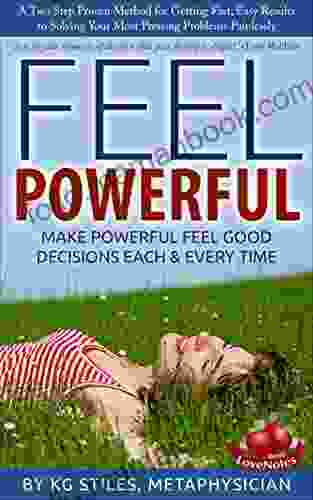
 Dean Cox
Dean CoxHow to Make Decisions Easily & Effortlessly: The...
The Different Types of Decisions There...

 Gustavo Cox
Gustavo CoxThe End of World War II and the Birth of Baseball's...
The end of...

 Patrick Rothfuss
Patrick RothfussThe Dantes: An 11-Family Saga of Billionaires, Soulmates,...
The Dantes is an epic family saga that follows...
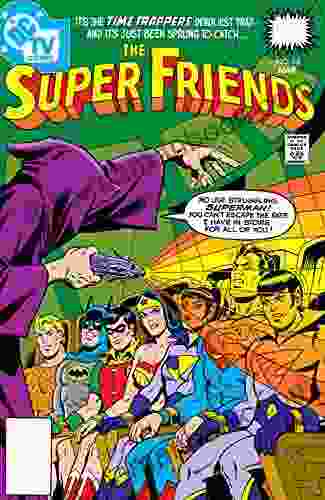
 Dylan Mitchell
Dylan MitchellSuper Friends: The Animated Adventures That Defined a...
In the vibrant landscape of American...
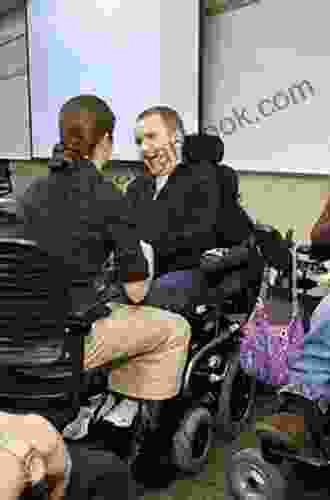
 Jamal Blair
Jamal BlairCollege For Students With Disabilities: We Do Belong
College can be a...
4.6 out of 5
| Language | : | English |
| File size | : | 2179 KB |
| Text-to-Speech | : | Enabled |
| Enhanced typesetting | : | Enabled |
| X-Ray | : | Enabled |
| Word Wise | : | Enabled |
| Print length | : | 620 pages |
| Screen Reader | : | Supported |


